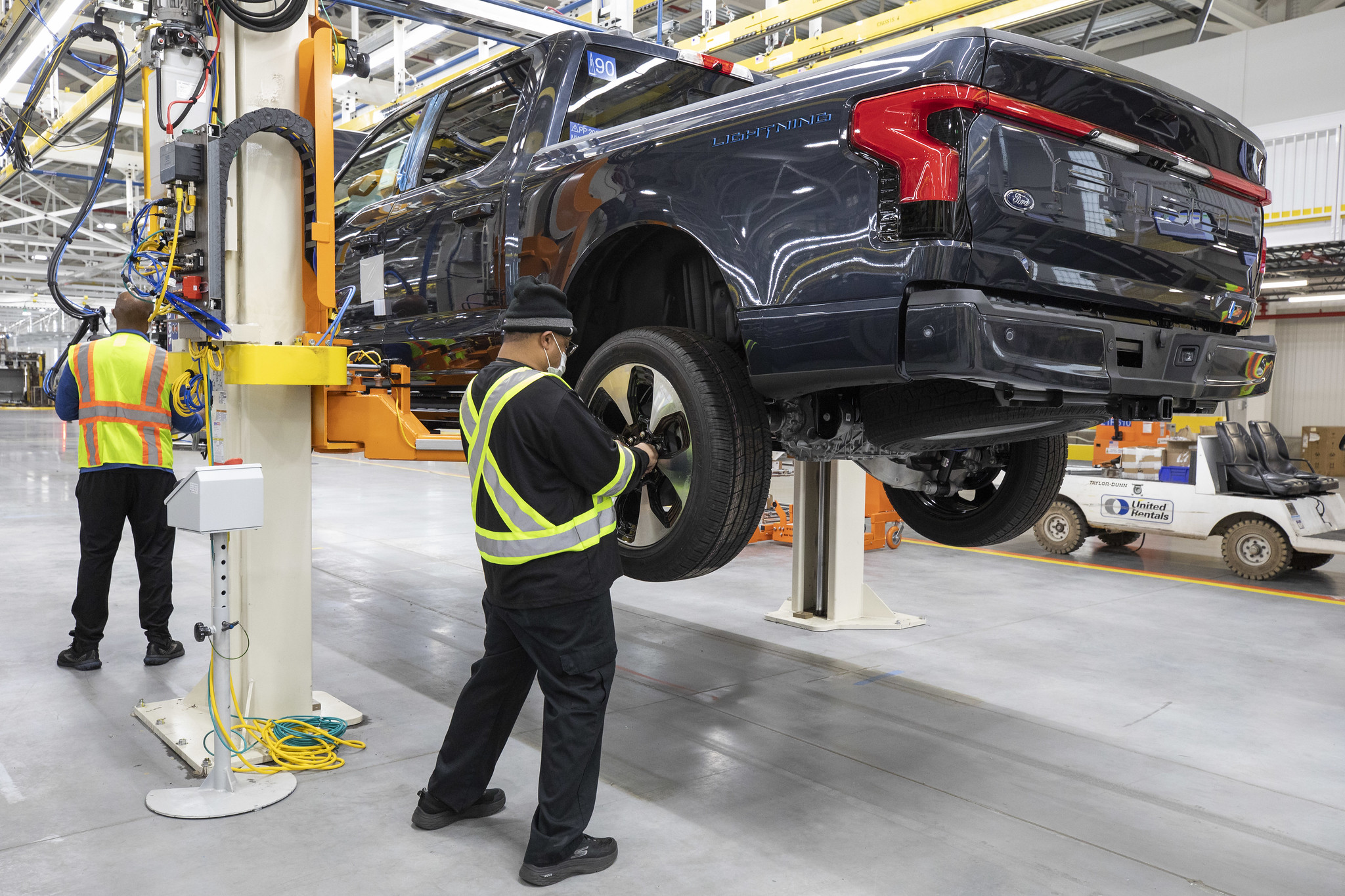The first time a group is ranked, you get a snapshot in time. In the second year, the rankings begin to tell a story.
Lead the Charge ranks 18 automakers based on criteria that a global coalition of environmental and social advocacy groups identified as essential to a just transition - and the campaign recently published its second annual scorecard.
Our coalition is urging automakers to produce electric vehicles with an equitable, fossil-free and environmentally sustainable supply chain. Each automaker included in the analysis should recognize that this vision is critical to achieving a sustainable automotive market and their ranking is a reflection of their commitment or lack thereof.
The Results
The 2024 scorecard shows that the auto industry made modest progress towards sourcing steel made without fossil fuels and human rights due diligence. Simultaneously, the new report shows a shocking stagnation on responsible sourcing of transition minerals, Indigenous Peoples rights, and workers’ rights.
There are breakout leaders on some of the criteria. While these companies can rightly present themselves as industry leaders, celebrations should be tempered by the acknowledgement that no company received a score above 50%.
One area of concern highlighted in this year’s Scorecard is the slow transition to electric vehicles. This unnecessary delay means that the U.S. will remain dependent on oil and tied to polluting vehicles for decades more. Some automakers, like Toyota, trail the pack not only in electrification but in their supply chain as well.
Progress in Steel
It is worth highlighting where there was progress in the auto industry. One of the campaign’s key goals is to push automakers to demand and source high-grade steel manufactured with no fossil fuels used as energy or as a feedstock.
The polluting steel mills are eligible for government support in retrofitting their facilities with new equipment that would dramatically reduce and potentially eliminate fossil fuel usage entirely. However, steelmakers need reassurance that their investment in both new equipment and workforce training will lead to buyers preferring the new climate-friendly steel over metal available in the market today. As one of the largest consumers of steel, the automotive industry has a responsibility to publicly declare this preference and commit to buying the best steel out in the market.
In the campaign’s first year, 14 out of the 18 auto companies scored less than 10% on the criteria for sourcing sustainable steel. This year, only 7 scored less than 10%.
What Automakers Can Do
We now want to see the companies that have made commitments to buying sustainable steel call out the laggards in the scorecard. For instance, companies like Ford Motors should call on competitors to join the First Movers’ Coalition - an international group of firms that are committing to source at least 10% of their steel from net-zero emissions sources by 2030.
This kind of leadership is perhaps even more important in spaces where a vast majority of automakers are laggards. Between the first and second year of the scorecard, over 70% of automakers made no progress on Indigenous Peoples’ rights and 61% of automakers continued to score 0% on these indicators. Corporations that have already taken positive steps in this space must demand progress from the industry as a whole and call on peers to act, including abiding by the principle of Free, Prior, and Informed Consent when sourcing minerals and raw materials in Indigenous lands.
The prevailing attitude in the auto industry is that their ability to act responsibly is limited by their independent suppliers of critical minerals, steel, and other components. This may be true. But as some of the largest companies in the world, public demands from these 18 auto companies have an outsized impact on how suppliers behave.
Climate change is underway with real impacts in our communities. As we face unprecedented fires, droughts, and floods, it is insufficient for any company to suggest that they were told sustainable action was not possible or that it was inconvenient.
